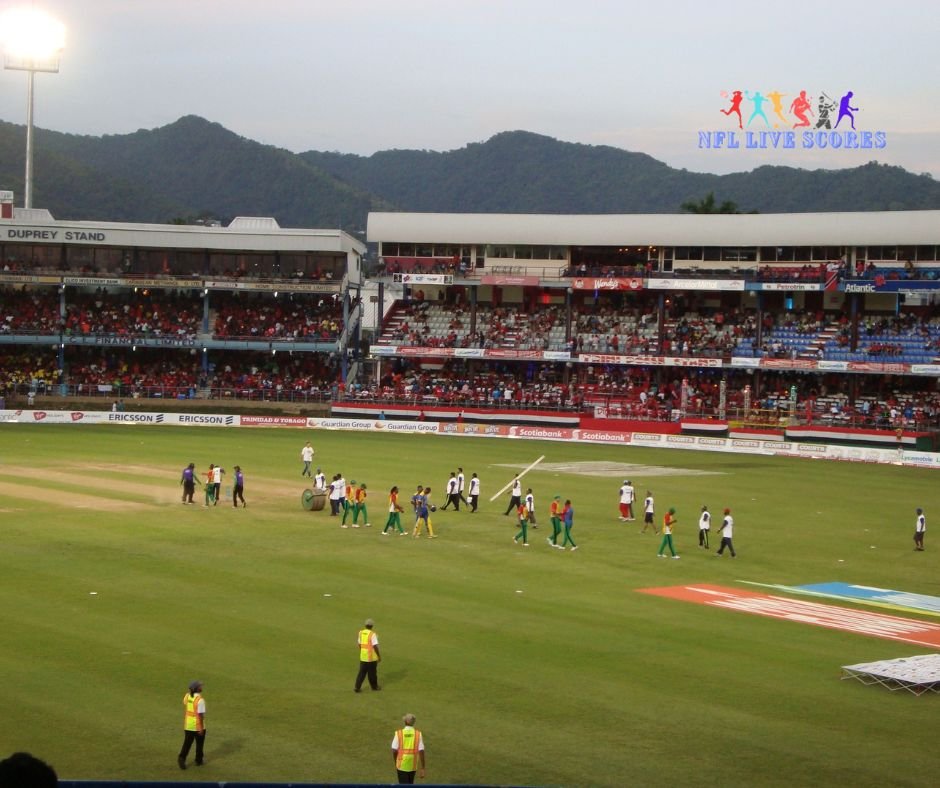Understanding Sports
Sports law encompasses a wide range of legal issues that affect the sports industry, including contracts, torts, intellectual property, labor law, and dispute resolution. In cricket, these laws are crucial for governing the relationships between players, teams, governing bodies, and sponsors.
2. The Role of Governing Bodies
The International Cricket Council (ICC) is the global governing body responsible for overseeing cricket worldwide. National governing bodies, such as the Board of Control for Cricket in India (BCCI) and the England and Wales Cricket Board (ECB), play a significant role in regulating the sport within their respective countries. These organizations establish the rules and regulations that govern the game, including codes of conduct, disciplinary procedures, and anti-doping policies.

3. Player Contracts and Employment Law
Understanding Sports Player contracts are central to sports law in cricket. These contracts outline the terms and conditions under which a player is employed by a team or franchise. Key elements of a player contract include salary, duration, obligations, and termination clauses.
4. Image Rights and Intellectual Property
Cricket players, especially high-profile ones, often have substantial commercial value tied to their image. Image rights allow players to control how their likeness, name, and identity are used for commercial purposes. Understanding Sports Intellectual property law helps protect these rights, enabling players to earn income from endorsements and sponsorships

5. Doping Regulations and Anti-Doping Policies
Doping is a significant concern in all sports, including cricket. The ICC and other governing bodies have strict anti-doping policies to ensure fair competition and protect the integrity of the game. Understanding Sports Players are subject to random drug tests, and any violations can lead to severe penalties, including bans from the sport. The World Anti-Doping Agency (WADA) sets the global standard for anti-doping regulations, and these are enforced at both the international and national levels.
6. Dispute Resolution in Cricket
Disputes in cricket can arise from a variety of issues, including contract disputes, disciplinary actions, and commercial disagreements. Sports law provides mechanisms for resolving these disputes, such as arbitration and mediation. The Court of Arbitration for Sport (CAS) is an independent institution that handles sports-related disputes at the international level. National governing bodies also have their own processes for handling disputes within their jurisdiction.

7. The Role of Agents in Cricket
Sports agents play a crucial role in the careers of professional cricketers. They negotiate contracts, secure endorsements, and manage the business affairs of their clients. Agents must adhere to regulations set by governing bodies, which often include requirements for licensing and adherence to ethical standards. A good agent can significantly impact a player’s career, but poor representation can lead to legal disputes and financial losses.
8. Media Rights and Broadcasting Contracts
Media rights are a significant revenue source for cricket. Governing bodies and leagues sell broadcasting rights to television networks, which pay substantial sums for the right to broadcast matches. These contracts are governed by complex legal agreements that cover issues such as territorial rights, broadcast quality, and revenue sharing. Disputes over media rights can lead to legal battles, as seen in the past with various cricket boards.

9. Player Safety and Duty of Care
Player safety is a growing concern in cricket, particularly with the risks associated with fast bowling and head injuries. Governing bodies have a duty of care to ensure that players are protected from harm. Understanding Sports This includes implementing safety regulations, such as the mandatory use of helmets, and providing medical support during matches. Failure to uphold this duty can lead to legal action from injured players.
10. Sponsorship and Commercial Contracts
Sponsorship is another critical aspect of sports law in cricket. Teams and players enter into commercial contracts with sponsors, who provide financial support in exchange for brand visibility. Understanding Sports These contracts are legally binding and include terms related to branding, exclusivity, and performance obligations. Disputes can arise if either party fails to meet their contractual obligations, leading to legal proceedings.

15. Conclusion
Understanding sports law is essential for anyone involved in cricket, from players and coaches to fans and administrators. The legal landscape of cricket is constantly evolving, and staying informed about these changes can enhance your appreciation of the game. By understanding the legal principles that govern cricket, you can gain deeper insights into the challenges and opportunities that shape the sport.
Read Also:> Mastery Unleashed: Abdul Qadir’s 10 Unforgettable Magic in Leg Spin
Read Also:> Top 5 Gymnastics Innovations to Watch in 2024

